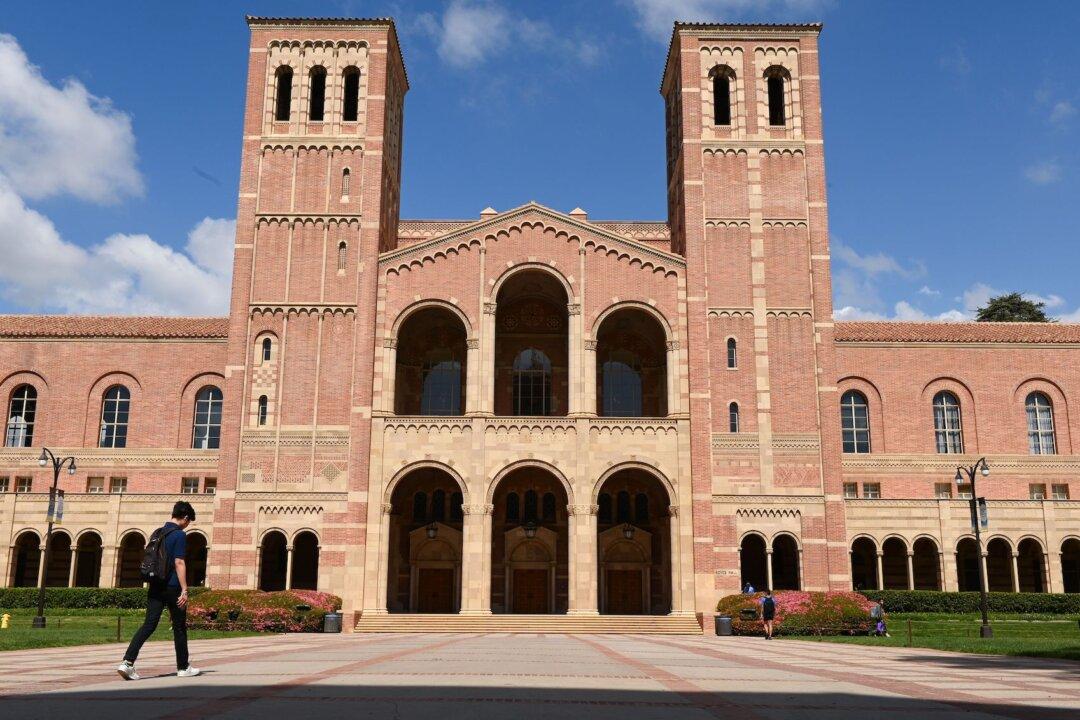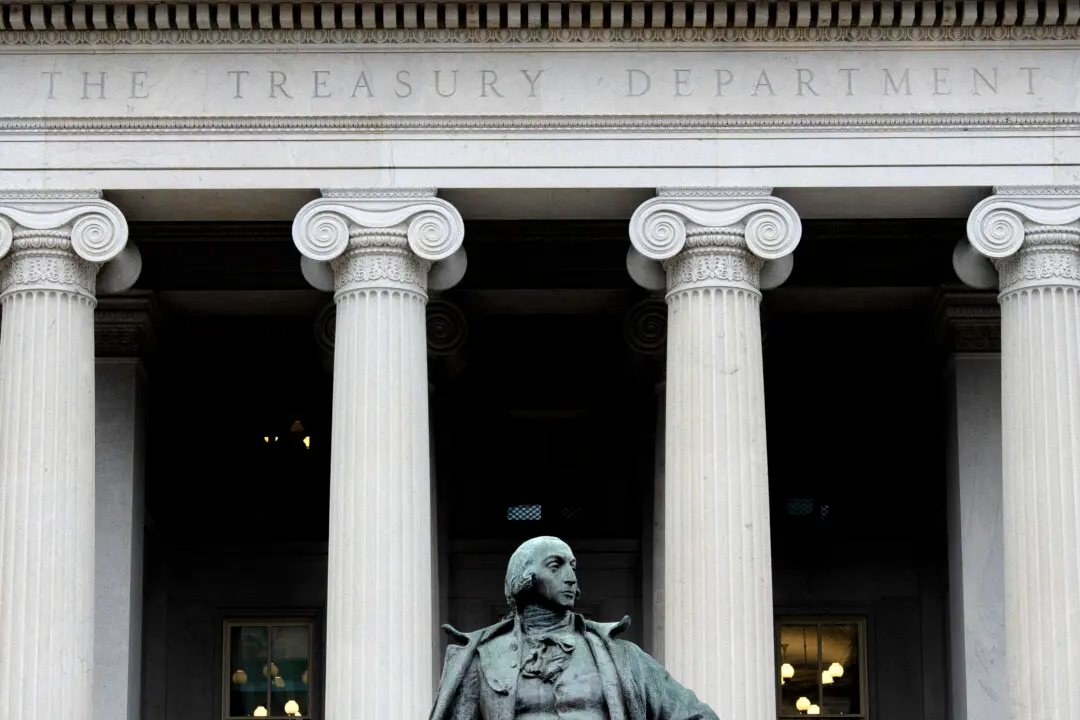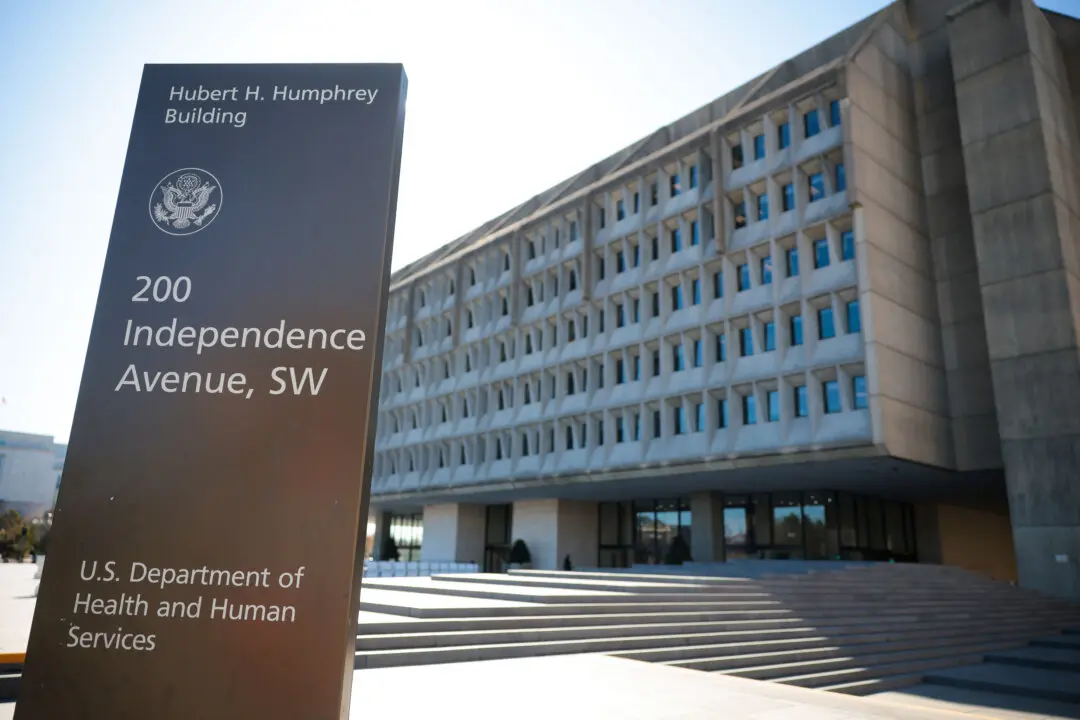A California lawmaker introduced a bill on Dec. 2 that would give the descendants of slaves priority admissions into the University of California and California State University schools, the state’s two public university systems.
The bill would change a precedent set nearly 30 years ago. Since 1996, California’s Proposition 209 has prohibited public schools, including the University of California and California State University, from using race as a factor in the admissions process.





